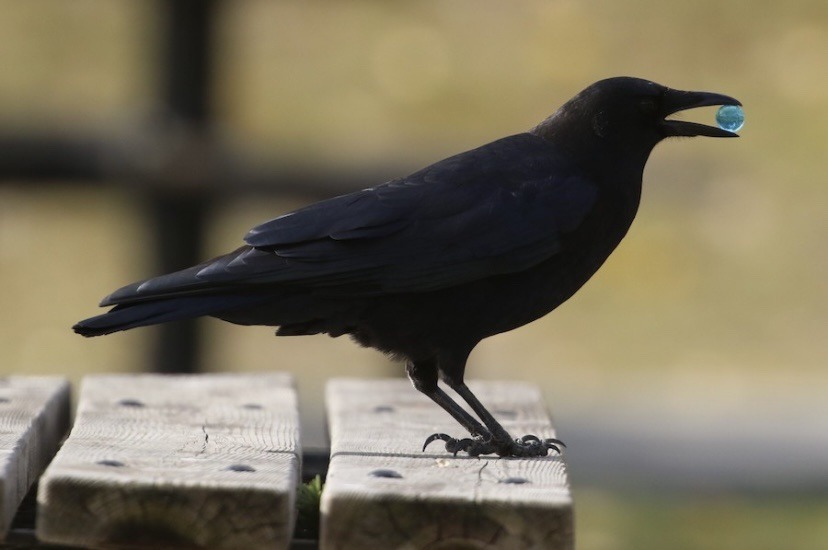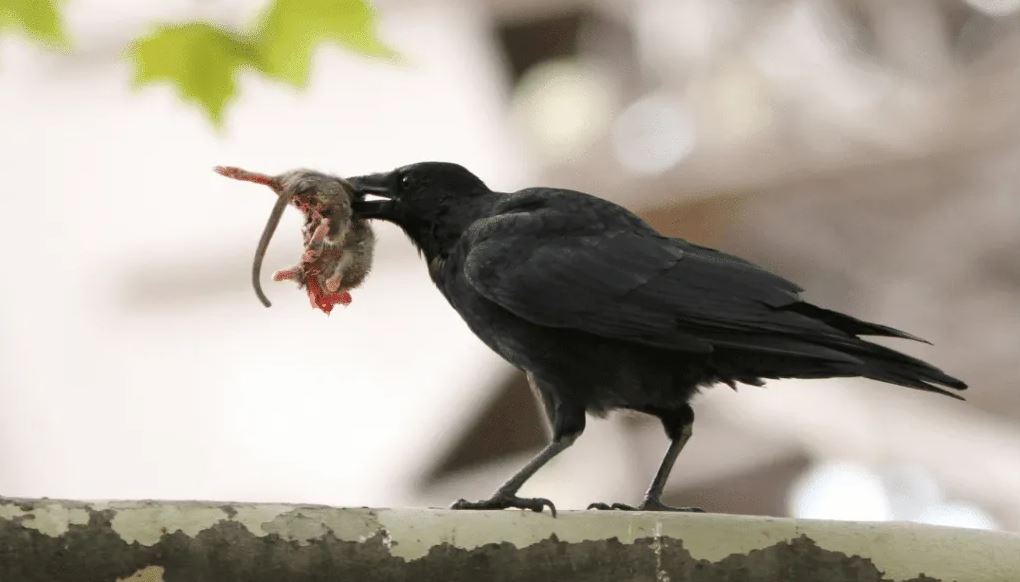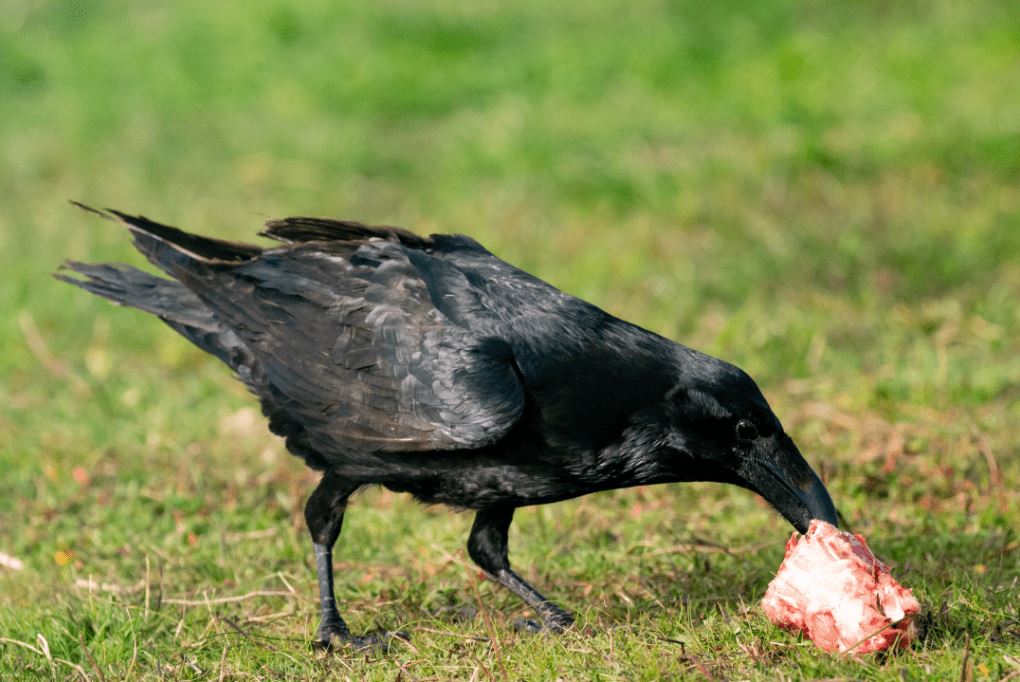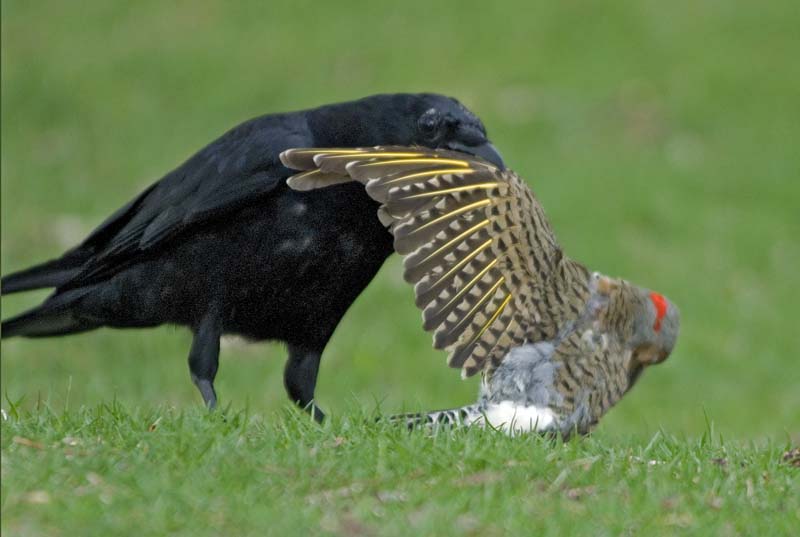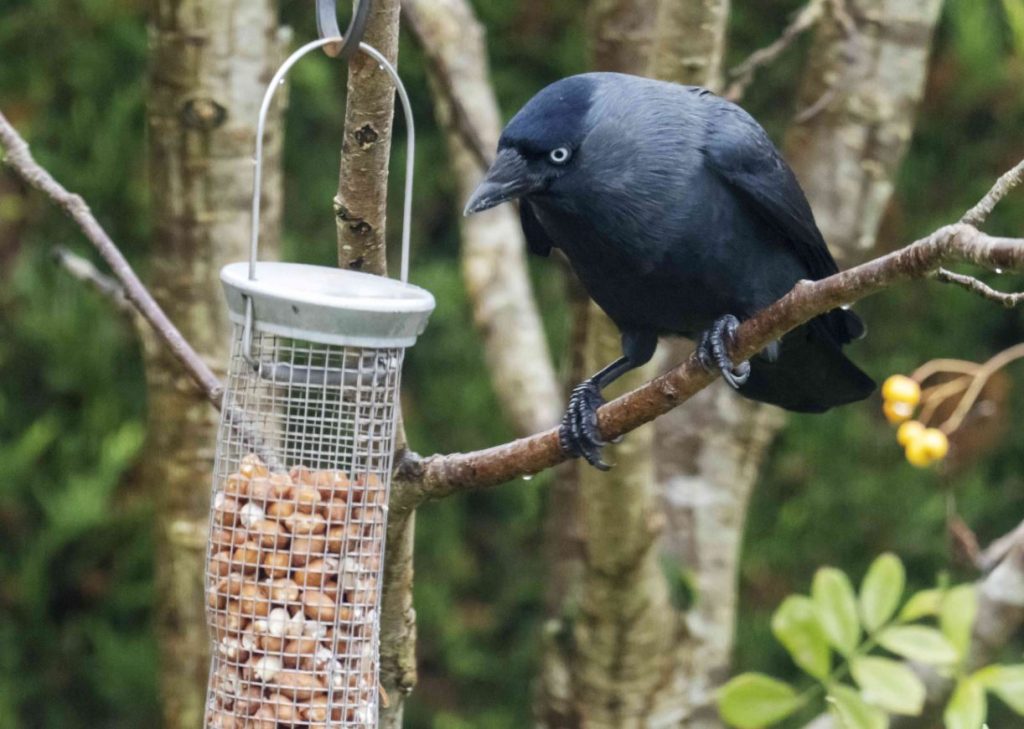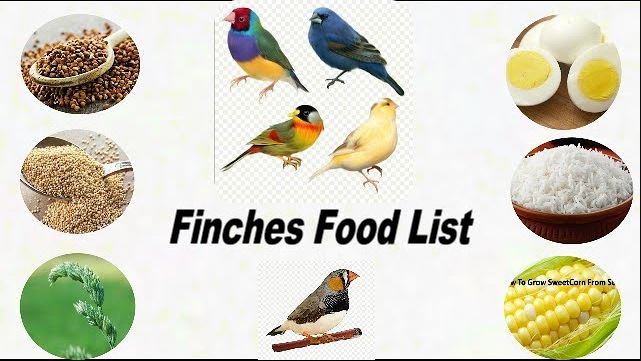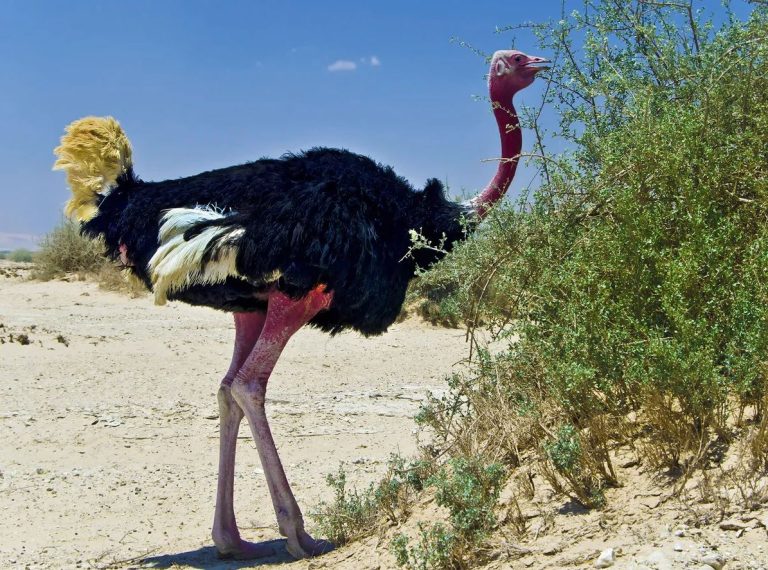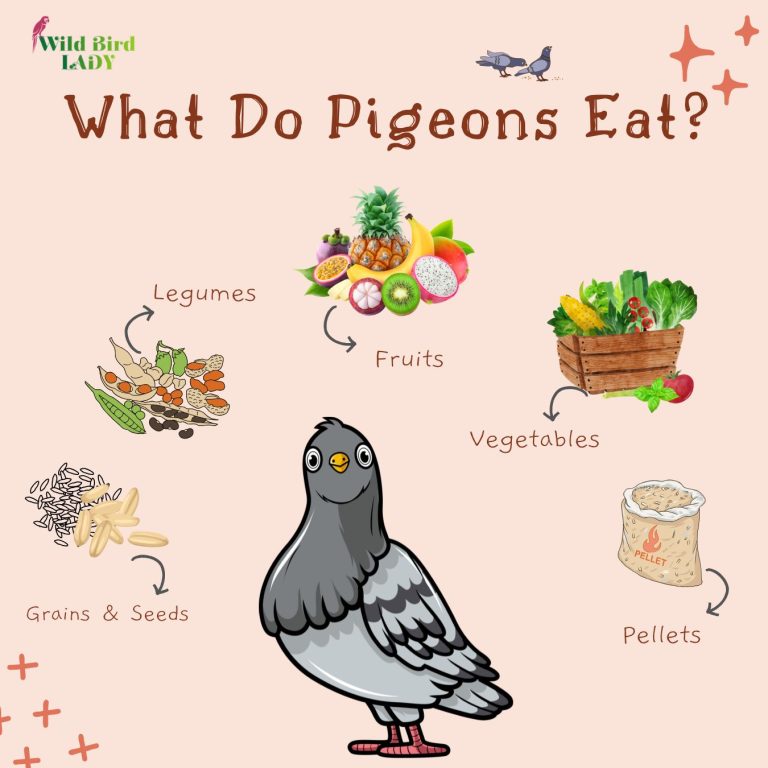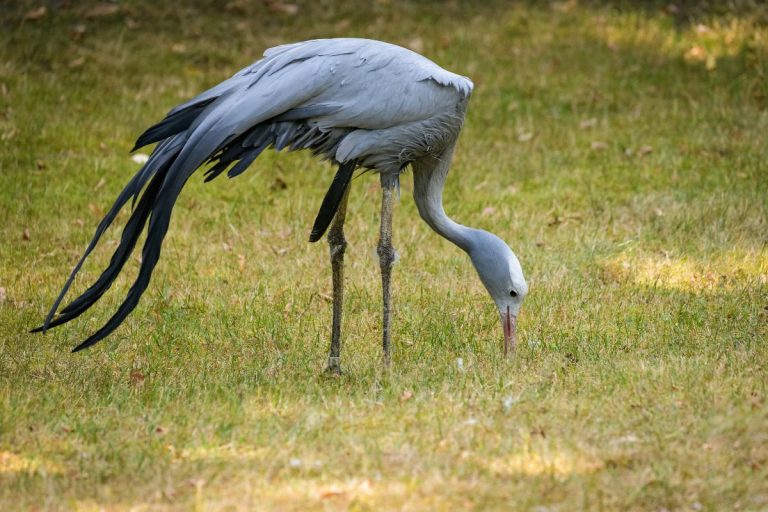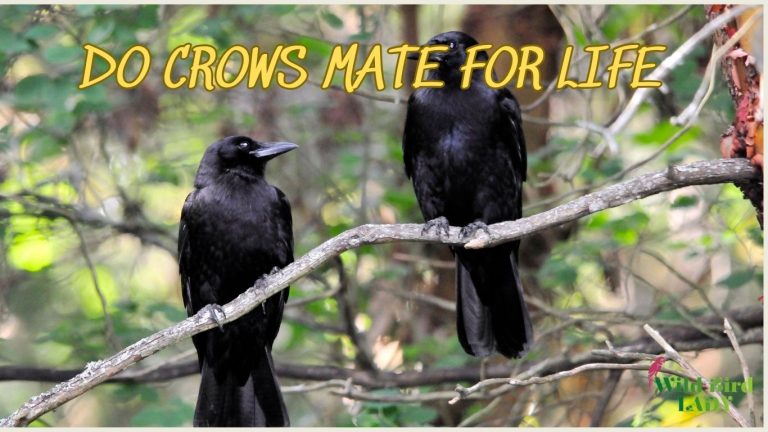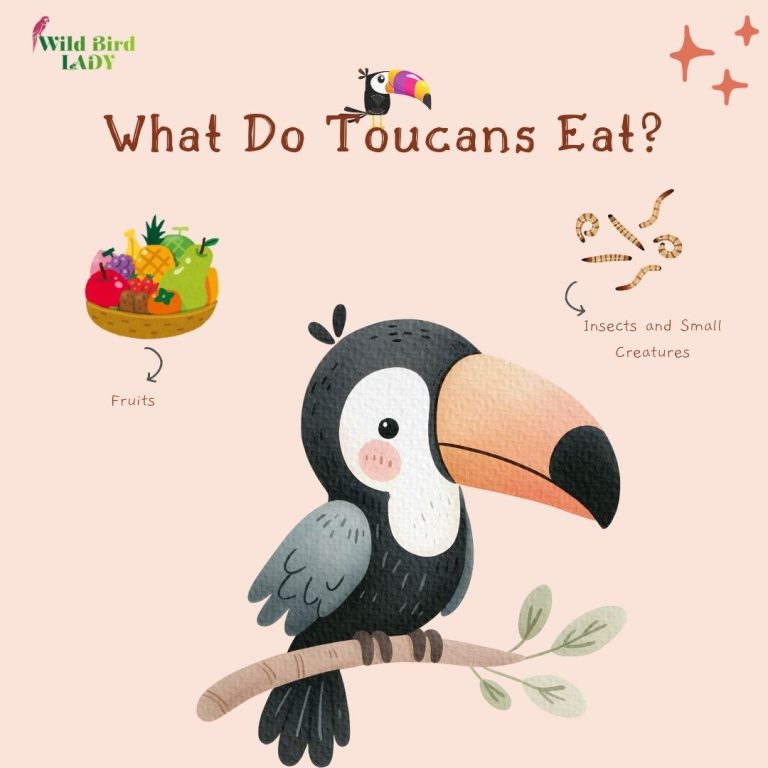What Do Crows Eat? You’ll Be Surprised by Their Clever Diet Choices!
By Rifat Ahmed – Birdwatching Enthusiast with 13 Years of Experience
As a birdwatcher for over a decade, I’ve observed many fascinating behaviors in the avian world, but few birds impress me as consistently as crows. With their sharp intelligence, remarkable memory, and social complexity, these black-feathered tricksters are nothing short of nature’s geniuses. But have you ever stopped to ask: What do crows eat? The answer may surprise you.
Crows are opportunistic omnivores, and their diet is as flexible as their brains are sharp. Whether scavenging urban streets or hunting in rural fields, crows know how to find their next meal. In this comprehensive guide, I’ll share everything I’ve learned about crow food—from what they naturally love to eat to what you can safely feed them at home.
Crow Diet Basics
Let’s begin with the fundamentals. Crows belong to the Corvidae family, known for their intelligence and adaptability. Their diet reflects those traits.
According to the Cornell Lab of Ornithology’s All About Birds, American Crows eat “a wide variety of food, including insects, small animals, seeds, fruit, and even garbage.”
In my own experience, I’ve seen crows pull worms from the ground, crack walnuts by dropping them on pavement, and even swipe uneaten burgers from trash bins. Their palate is diverse because they’ve evolved to eat whatever is available.
What Do Crows Like to Eat in the Wild?
In natural environments, crow food consists of:
- 🐛 Insects – Beetles, grasshoppers, caterpillars
- 🌱 Seeds & Grains – Corn, wheat, oats
- 🍓 Fruits & Berries – Apples, cherries, elderberries
- 🐭 Small mammals – Mice, voles, shrews
- 🥚 Eggs and Hatchlings – From other birds’ nests
- 🐟 Small fish & amphibians – Tadpoles, frogs
- 🪨 Carrion – Dead animals left behind by predators
This flexible menu allows them to thrive across habitats—forests, wetlands, farmlands, and beyond. Crows are seasonal eaters, shifting their diet based on what’s in abundance.
Do Crows Eat Meat?
Absolutely—crows eat meat, and they’re not squeamish about it.
I once watched a pair of crows tear into a road-killed squirrel outside a state park in Oregon. They worked in tandem, one acting as lookout while the other pecked and pulled. It was gruesome, yes—but it was also a testament to their ability to scavenge efficiently.
They’ll eat:
- Raw or cooked meat scraps
- Carrion (decaying meat)
- Insects and larvae
- Leftover pet food with meat
- Occasionally, lizards or frogs
Unlike many birds, crows can digest meat with ease. However, avoid feeding them raw poultry or heavily seasoned meats, as these can be harmful.
Do Crows Eat Other Birds?
It might be hard to believe, but yes—crows sometimes eat other birds.
This behavior is usually driven by scarcity or opportunity, not malice. Crows have been observed:
- Raiding nests to eat eggs or chicks
- Preying on injured or fledgling birds
- Scavenging bird carcasses
This might seem cruel to us, but it’s part of the crow’s survival strategy. In fact, a 2018 study published in The Auk journal found that nest predation by crows can affect the reproductive success of songbirds. It’s all part of the complex web of nature.
Urban Crows: Masters of Adaptation
In cities and suburbs, crows have turned the human world into a buffet.
They feast on:
- Fast food scraps – Fries, burgers, pizza
- Garbage – Especially near restaurants
- Bread and pastries
- Dry pet food
- Compost – Fruit peels, vegetable ends, eggshells
This behavior is not just resourceful—it’s strategic. Urban crows memorize garbage pickup schedules, traffic patterns, and even people’s routines to maximize their foraging.
The All About Birds guide notes: “Crows are known to use tools, recognize faces, and teach their young which humans are safe or dangerous.”
Their food choices reflect that high intelligence.
What to Feed Crows in Your Yard
If you’d like to attract crows to your yard and maybe even form a bond with them (as I’ve done over the years), offering food is a great place to start. But not just any food will do—crows are clever but still need proper nutrition to stay healthy. Feeding them the right way helps support their natural foraging instincts while keeping them safe.
Here’s a breakdown of what to feed crows—and what to avoid.
✅ Best Foods to Offer Crows
These items are nutritious, safe, and crow-approved. I’ve personally tested them, and they never last long once the birds spot them!
Unsalted Peanuts in the Shell
This is the gold standard for crow snacks. The shells give them something to manipulate, which they enjoy, and the nuts inside are rich in protein and fat. It also gives them mental stimulation—watching a crow figure out how to crack a peanut is a show in itself!
Tip: Place a few peanuts in the same spot at the same time each day. Crows will learn your schedule and may start waiting for you!
Cooked Meat Scraps (Unseasoned)
Crows are meat-eaters and will happily take small pieces of cooked chicken, beef, or fish—as long as it’s plain. Meat provides valuable protein, especially during breeding season when energy demands are high.
Warning: Avoid spicy, salty, or greasy meat. And never feed them raw poultry, which could spread bacteria.
Hard-Boiled Eggs (Including the Shell)
Eggs are a nutrient powerhouse. I usually cut hard-boiled eggs into halves or quarters and leave the shells slightly crushed nearby. The calcium from eggshells helps with bone and feather development, especially in growing juveniles.
Fresh Fruits – Grapes, Apples, Cherries, Berries
Crows love fruit, especially sweet, juicy varieties. Grapes are my go-to—they’re easy to eat and not too messy. Apples (sliced or diced) and pitted cherries are also winners. Fruits supply natural sugar, vitamins, and hydration.
Mealworms – Live or Dried
A great high-protein snack. In spring and summer, live mealworms may attract more attention. During colder months, dried ones are more practical. You can buy these at pet stores or bird supply shops.
Whole Grain Bread (Occasionally)
While not the most nutritious option, small amounts of whole grain or multi-grain bread can be an occasional treat. Avoid white bread or anything with added sugar or preservatives.
❌ Foods to Avoid Feeding Crows
Even smart birds like crows can’t always tell what’s bad for them. That’s where you come in. Here’s what to never offer:
❗ Salty or Sugary Snacks
Chips, crackers, cookies, and candy are as bad for birds as they are for us—worse, actually. These can damage organs and cause dehydration.
❗ Avocados and Chocolate
Both are toxic to birds. Even a small amount of chocolate can cause seizures or death. Avocados contain persin, which is deadly to many birds, including crows.
❗ Raw Onions and Garlic
These can lead to anemia or gastrointestinal distress. Avoid any leftover food with these ingredients, even in small amounts.
❗ Highly Processed Junk Food
Things like pizza crusts, flavored chips, or greasy leftovers should be off the menu. They lack nutrition and often contain harmful additives.
Building Trust Through Feeding
Feeding crows isn’t just about tossing food outside—it’s about building mutual trust. I’ve had crows recognize my face, call when I walk outside, and even drop small “gifts” like buttons, bits of foil, and one time—a shiny marble.
This kind of interaction doesn’t happen overnight, but with patience and consistency, it’s possible. Here’s how to get started:
- Choose a regular feeding spot in your yard or on a balcony.
- Be consistent with timing—crows are great at remembering routines.
- Offer food in small, clean portions and remove leftovers.
- Stay calm and quiet during feedings—avoid sudden movements.
With a little care, your backyard could become a favorite hangout for a local crow family. And once they trust you, they might even bring their fledglings around, introducing the next generation of these fascinating, intelligent birds.
Crow Feeding Tips and Ethics
Feeding crows is fun, but it must be done responsibly:
- 🕒 Be consistent – Feed them at the same time daily.
- 📍 Choose a safe location – Away from busy roads and predators.
- 🧼 Keep it clean – Don’t let food rot or attract pests.
- 🐥 Don’t overfeed – Encourage natural foraging.
- 🤫 Avoid loud noises or sudden movements – Crows are cautious by nature.
Remember: feeding should supplement, not replace, their wild diet.
Final Thoughts
So, what do crows eat? Just about everything. These birds are intelligent, resourceful, and omnivorous by nature. Whether they’re feasting on beetles in a meadow or scavenging fries in a parking lot, crows have mastered the art of survival.
As someone who’s watched these birds for 13 years, I’m still amazed by how adaptable and clever they are. Feeding crows is not only a joy—it’s a window into the fascinating world of one of Earth’s smartest animals.
Next time you see a crow poking around your neighborhood, take a closer look. There’s a story behind every bite.
FAQ – What Do Crows Eat?
Q1: What do crows eat in the wild?
A: In the wild, crows eat a variety of foods including insects, seeds, berries, small mammals, carrion, and even the eggs or nestlings of other birds. Their diet is highly adaptable depending on the season and environment.
Q2: Do crows eat meat?
A: Yes, crows are omnivores and readily eat meat. They consume small animals like mice, scavenged roadkill, insects, and even cooked meat scraps. Avoid giving them raw poultry or seasoned meat.
Q3: Do crows eat other birds?
A: Crows sometimes eat other birds, particularly eggs or hatchlings from nests. While not their primary food source, they may take advantage of opportunities when food is scarce or easy to access.
Q4: What do crows like to eat the most?
A: Crows especially enjoy peanuts in the shell, fruit like grapes and apples, cooked eggs, and mealworms. These foods are both nutritious and easy for them to handle.
Q5: What should I feed crows in my backyard?
A: Offer unsalted peanuts, hard-boiled eggs (with crushed shells), fruits, mealworms, and plain cooked meat. Avoid junk food, chocolate, and anything salty or seasoned.
Q6: Is it okay to feed crows every day?
A: Yes, but feed them responsibly. Provide small, consistent portions at the same time daily, and avoid overfeeding to ensure they continue to forage naturally.
Q7: Do crows remember people who feed them?
A: Yes! Crows are known to recognize human faces and may remember those who feed them regularly—sometimes even bringing small “gifts” in return, like shiny objects or pebbles.
Read more about crows:

